What are lucid dreams?
The term lucid dream comes from "lucidity [1]," which originates from the Latin word for "clarity."
A lucid dream is essentially a "clear dream," often referred to as a lucid dream or lucid dreaming.
Medically, it refers to a state of clear consciousness [2]—being aware while dreaming.
But hold on... can you dream and be conscious at the same time? Isn't that a contradiction? Not necessarily!
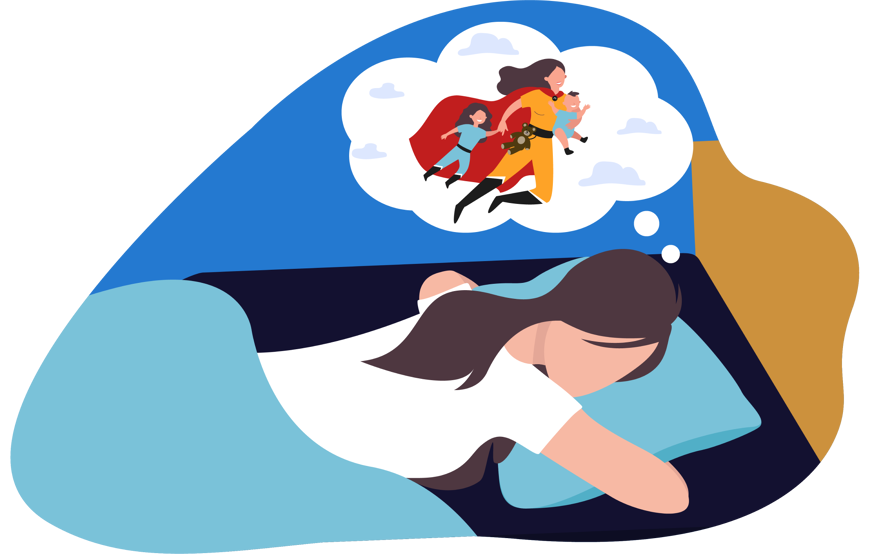
This is precisely where the difference between a lucid dream and a normal, non-lucid dream lies.
Typically, we are at the mercy of our dream realities, barely remembering any details afterward. 🤡
In lucid dreams, however, the dreamer is aware that they are dreaming and can actively influence the dream content.
If the dreamer realizes they are dreaming but cannot control the dream content, this is called a pre-lucid dream [3].
Lucid dreams: The key characteristics
The influential psychologist and dream researcher Paul Tholey defined lucid dreams as those where one is fully aware of dreaming and can act at will.
In a 1985 study [4] on the differences between normal and lucid dreams, Tholey established several "clarity criteria" for lucid dreams. Essentially, the key feature of a lucid dream is that one:
- Is aware that they are dreaming.
- Recognizes their own thoughts and feelings.
- Can control the course of the dream and actively change the people and actions within it.

What are vivid dreams?
Vivid dreams are particularly intense and realistic dreams [5] that are often memorable.
They can be caused by various factors such as stress, medication, or irregular sleep.
The distinction between vivid dreams and lucid dreams lies in the fact that, in lucid dreaming, you actively take control of the dream content.
How do lucid dreams differ from normal dreams?
To understand the uniqueness of lucid dreams, we must first comprehend when and why people dream.
Most of our dreams occur during REM sleep, the fourth and final phase of our sleep cycle.
The term REM stands for "rapid eye movement," a characteristic of this sleep phase where the eyes move rapidly under the eyelids. 👀
REM sleep [6] is distinct from the previous three phases of a roughly 90-minute sleep cycle: light sleep, deep sleep, and REM sleep.
.png?vh=494290&q=100&p=n&vh=494290&width=872&height=10000&func=bound)
In the REM phase, we sleep more lightly than in deep sleep, but our muscles are completely paralyzed.
This is a built-in protective mechanism to prevent us from acting out our dreams and potentially putting ourselves in danger.⚡
After REM sleep, most people wake up for a few seconds before gently drifting into the next sleep cycle.
As the night progresses, deep sleep phases shorten, and REM phases lengthen, which is why we have more vivid dreams in the latter part of the night. 💤
Whether we sail across the ocean on a pirate ship or fly through the air on a unicorn... 🦄 our dreams often make little logical sense.
While our brain remains active during sleep [7], our thoughts are usually less governed by logic than when we're awake.
The causes and benefits of dreams are still not fully understood by sleep researchers.
However, dreams are generally considered to be related to our own lives, personal conversations, problems, and activities. 🤷♀️
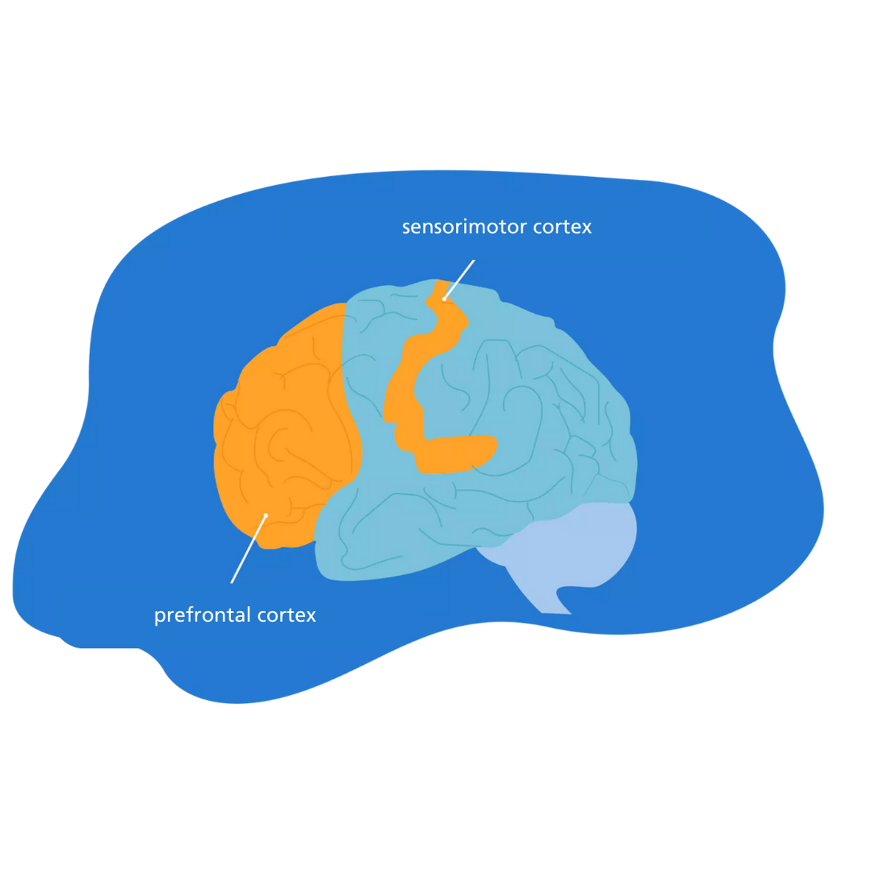
Because our logical thinking is usually suspended during sleep, dreams offer a creative space to process personal experiences.
Lucid dreams differ from regular REM dreams in that we can still use our logical and critical thinking within them.
This allows us to become aware that we are dreaming and to influence the course of the dream actively.
What causes lucid dreams?
The first mentions of lucid dreams date back to antiquity, with references from the influential Greek philosopher Aristotle.
However, the phenomenon has been deeply researched by psychology and dream science only since the 1970s and 1980s. 👩🔬

Indeed, scientists have been able to prove the existence of lucid dreams in various sleep studies [8].
The findings of the leading psychologist Stephen LaBerge [9] are particularly groundbreaking.
In a 1980 study [10], LaBerge was the first to demonstrate predetermined eye movements consciously performed by his subjects during sleep. 👁
In another experiment, scientists even succeeded in communicating directly with dreaming subjects in a sleep lab and had them solve simple math problems.
Another significant breakthrough came from another sleep study [11], which showed that the brain region responsible for critically evaluating events…
…usually dormant during REM sleep—was clearly more active during lucid dreams. 🧠
How common are lucid dreams and who can experience them?
Lucid dreams make up only a small fraction of all dreams.
According to sleep researcher Michael Schredl [12] from the University of Heidelberg, only about 0.5% of our dreams are lucid—that's just one in 200 dreams.
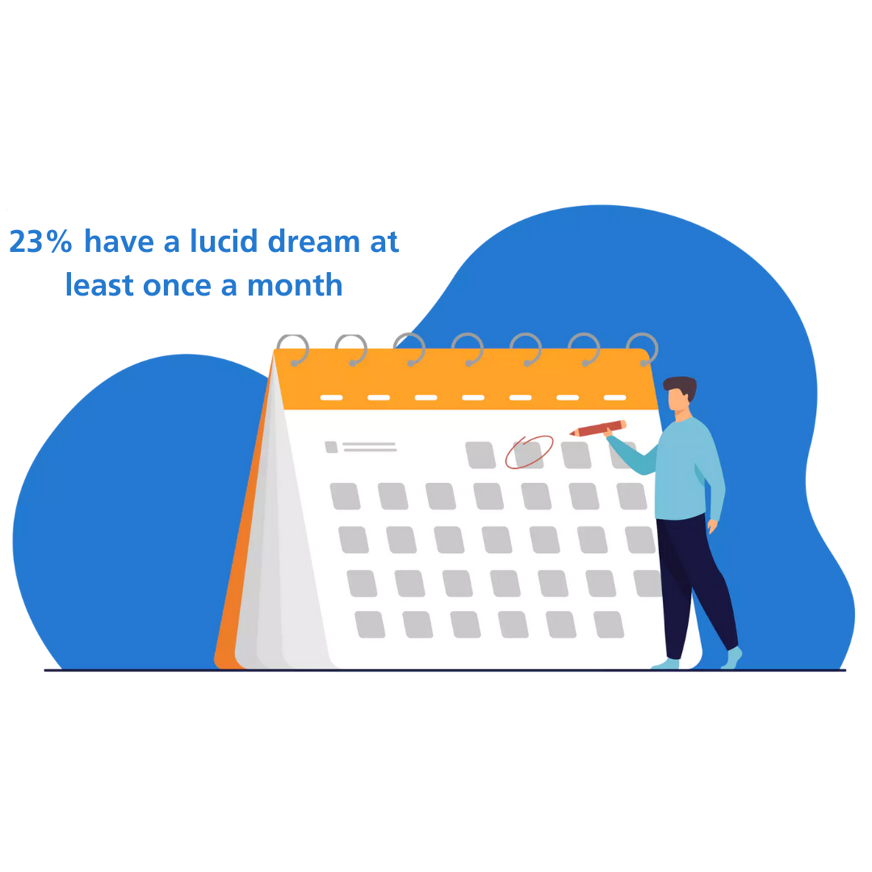
However, anyone has the potential to experience lucid dreams.
According to researchers [13] at the Max Planck Institute, people with a more developed frontopolar region in the frontal lobe—responsible for metacognitive thinking—have a higher likelihood of having lucid dreams.
This ability involves reflecting on one's thinking patterns and critically questioning personal decisions. 💡
People who can critically reflect in everyday life are more likely to take control of their dream scenarios while sleeping.
According to study results [14], 55% of people—more than half—have experienced a lucid dream at least once, while only 23% report regularly lucid dreaming—at least once a month.
What happens in the body and brain during a lucid dream?
Researchers have found that the brain's prefrontal cortex is much more active during lucid dreams than during regular REM sleep.
This is the same brain region that is used for critical self-reflection and the assessment of our thoughts and feelings.
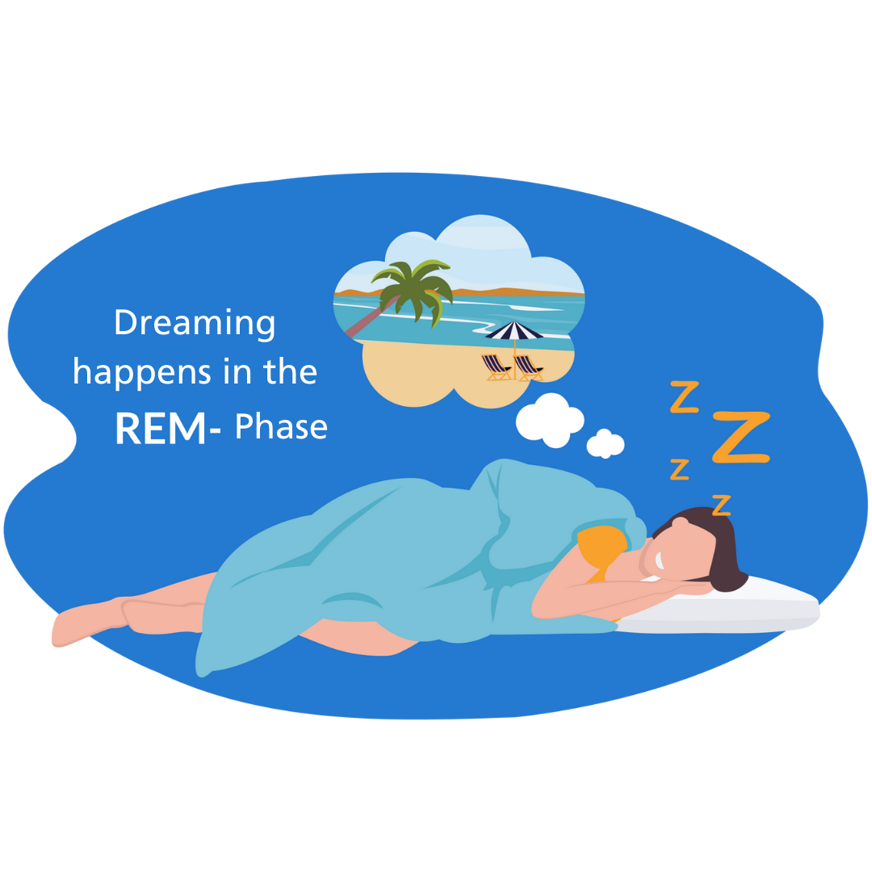
The sensomotoric cortex, which controls movements and motor skills, is also active during lucid dreams.
Research suggests that mentally imagining physical movements during lucid dreaming may even enhance the actual ability to perform these movements.
What are the benefits of lucid dreams?
Lucid dreaming offers numerous possibilities that can be useful in various areas of life. Here, we provide you with an overview of the key benefits and potential that lucid dreams can offer.
Psychotherapy: What causes lucid dreams and how they can alleviate nightmares
Our dreams are not always pleasant; sometimes, they are dominated by negative emotions like panic and fear.
Particularly, individuals suffering from chronic stress or mental illnesses like depression often experience recurring nightmares.
Lucid dreams can help here by allowing the dreamer to recognize and influence the dream content.

Through lucid dreaming, the dreamer is no longer helplessly trapped in their nightmares or sleep paralysis.
Instead, they can take control, consciously perceive the dream, and even steer it in a positive direction.
In this way, lucid dreams might help resolve repressed or unconscious conflicts and alleviate inner anxiety.
Sports: How do lucid dreams impact training?
While it isn't possible to build muscle in your sleep, complex movements of demanding sports can be practiced in dreams.
Studies [15] have shown that motor skills in the waking state can be improved by imagining movements in lucid dreams.
According to research by sports scientists, some athletes intentionally use lucid dreams to train and optimize their skills.
Creativity: How lucid dreams stimulate imagination
Lucid dreams also offer the opportunity to foster creative thinking.
While our rational thinking often blocks creative ideas when we're awake, in lucid dreams, we can live out our imagination without restrictions and create unbridled creative scenarios.

How to lucid dreams: Methods, techniques, tips, and tricks
Leading researchers like Paul Tholey and Stephen LaBerge agree: Lucid dreaming can be learned.
While there isn't a simple recipe, there are numerous methods and techniques to consciously initiate lucid dreams. Here are the key approaches:
- DILD (Dream-Initiated Lucid Dreaming)
This approach relies on the dreamer spontaneously realizing that they are dreaming while asleep. By regularly practicing a critical attitude towards their own state of consciousness, one can prepare for lucid dreams. - MILD Method (Mnemonic Induction of Lucid Dreams)
Developed by Stephen LaBerge, this method is considered one of the most effective techniques for consciously experiencing lucid dreams. It requires you to focus intently on remembering your dreams and becoming aware that you are dreaming before you fall asleep. - WBTB Method (Wake Back to Bed)
This method increases the likelihood of experiencing lucid dreams by briefly waking up after 4-5 hours of sleep and then going back to sleep, directly entering a REM phase where lucid dreaming most commonly occurs.
Are lucid dreams dangerous?
As fascinating as lucid dreaming may be, there are also risks. Individuals with sleep disorders or psychological issues should exercise caution, as attempting to experience lucid dreams could trigger sleep paralysis or disrupt sleep.
Additionally, lucid dreams might cause some people difficulty in distinguishing between dreams and reality.
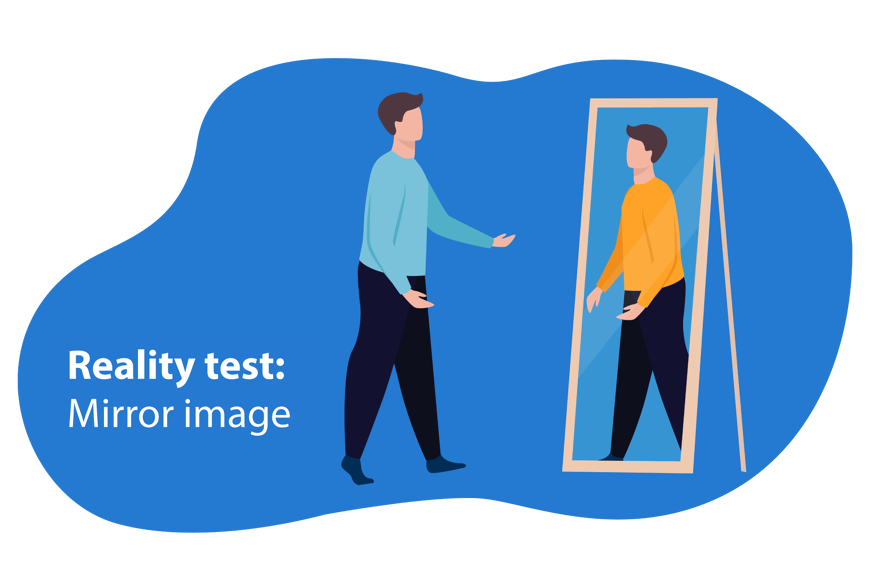
By consciously practicing lucid dreaming, you can steer your dreams and benefit from them, but you should also be mindful of the potential risks.
Generally, lucid dreaming cannot be considered dangerous.
People suffering from sleep disorders or psychological problems should only attempt lucid dreaming under medical or psychological supervision.
Can you really control what you dream?
Of course, it should be clear to everyone that lucid dreaming doesn't just happen at the push of a button.
Anyone who wants to try initiating a lucid dream must make mental preparations and may need to practice for some time.
Still:
The current state of science suggests that even absolute beginners can easily and without problems have their first experiences with lucid dreaming.
However, there are people who have had negative experiences with lucid dreams.
Those who struggle with sleep disorders or psychological issues should better avoid lucid dreams—at least without professional guidance.
At the same time, lucid dreams hold promising applications, for example in sports and psychotherapy. 🤺
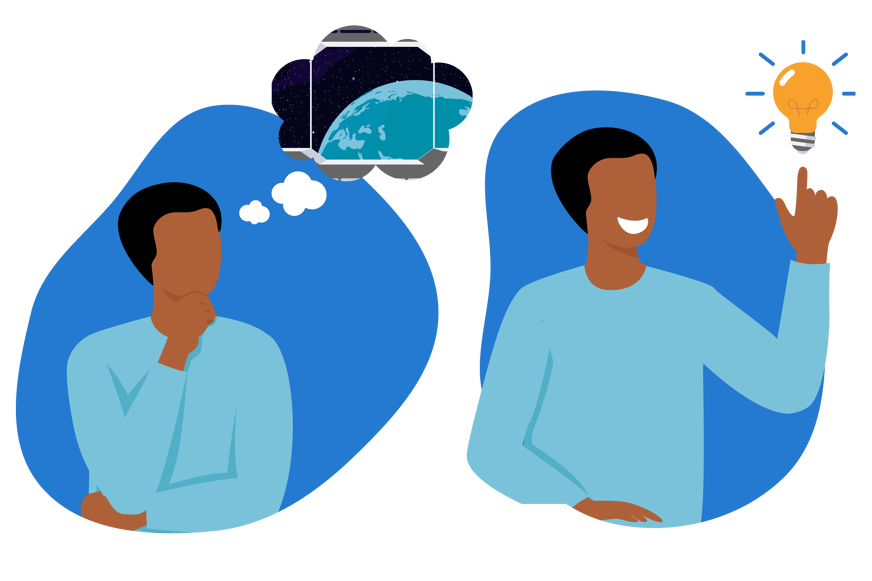
And for healthy individuals, they offer an interesting way to experiment with their consciousness and get to know themselves a bit better.
We think it's worth a try! 😊







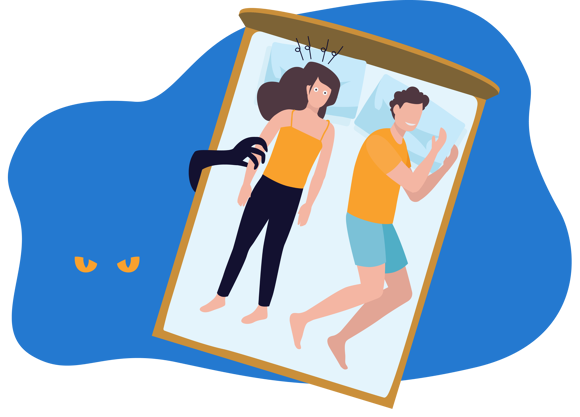

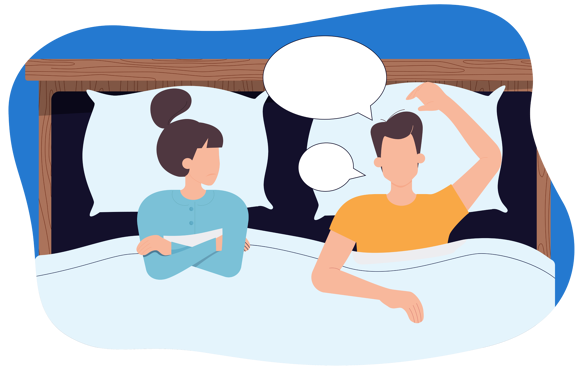


Alternatively, message us directly via the Contact Us page.